We are a part of Nature. In light of all that is going on in the world around us, my last post from our Christmas Texas trip reminds me just how strong, tough, scrappy, and resilient the creations of Nature are, including us.
We were introduced to the Texas Sotol plant, used as a drought tolerant landscape plant with its wheel of wondrous spikey green leaves. We saw it in the wild at Pedernales Falls State Park, sitting atop the limestone boulders and sandy soil. But we learned about the history and utility of the plant when we went to Desert Door Texas Sotol distillery on New Year’s Eve in Driftwood, Texas. First off, what an absolutely beautiful place Desert Door is! Stylish southwestern building, captivating landscape and decorating, and beautiful cobalt blue glass bottles holding the premium liquor made from the ‘heart’ of the Sotol plant. Like tequila made from Blue Agaves, the Sotol plant has a pineapple-looking core that stores moisture and carbohydrates. Traditionally, the Sotol hearts were baked in earth ovens for 36-48 hours, and the pulp was formed into patties and dried. It was an important food staple for native peoples. Sotol plants grow by the millions in west Texas and are wild-harvested for Desert Door. They steam cook the Sotol hearts, and the pulp is pressed to release the molasses-like juice. It is fermented with yeast to a Sotol beer, then distilled to make the Sotol liquor.
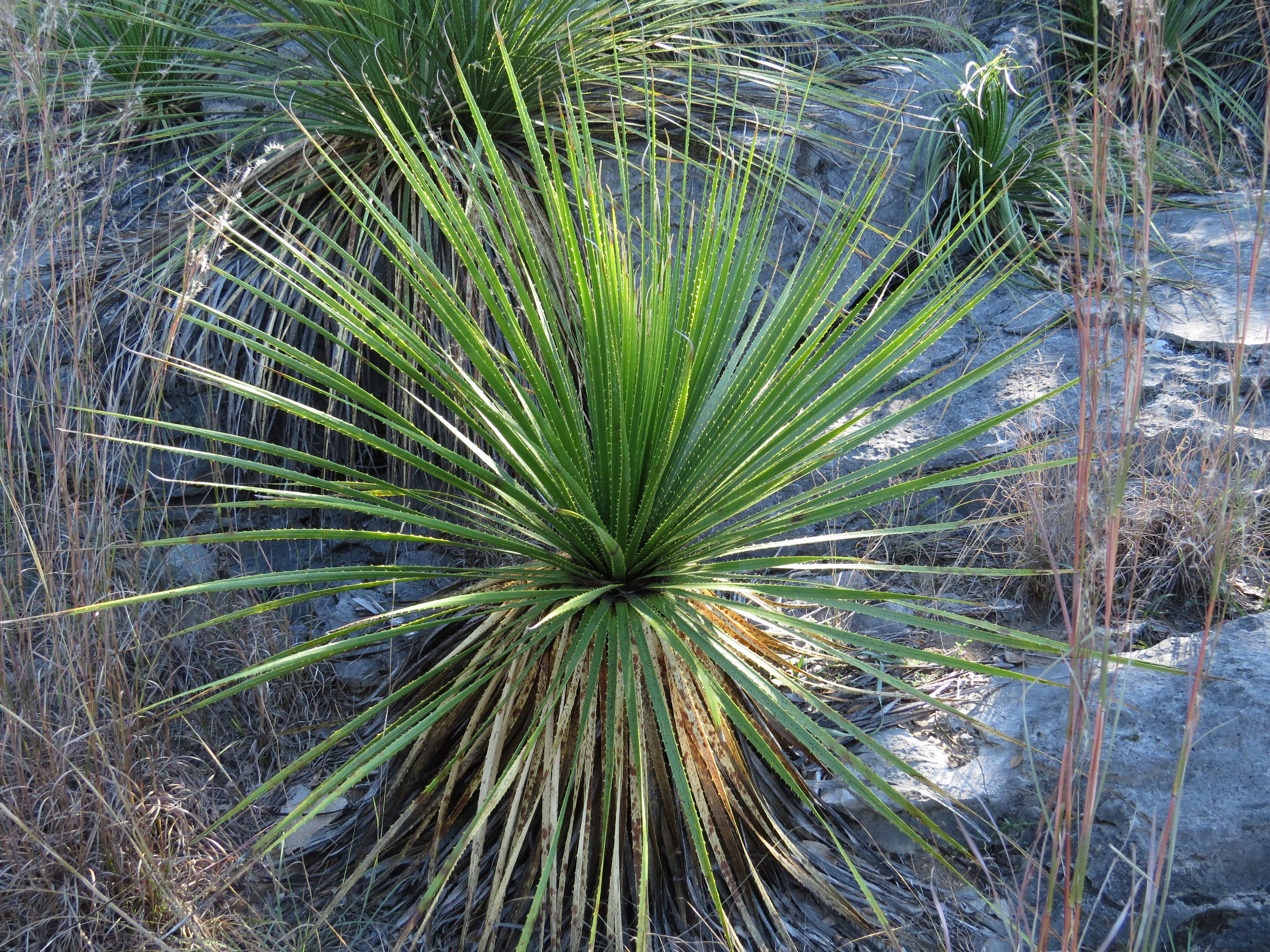
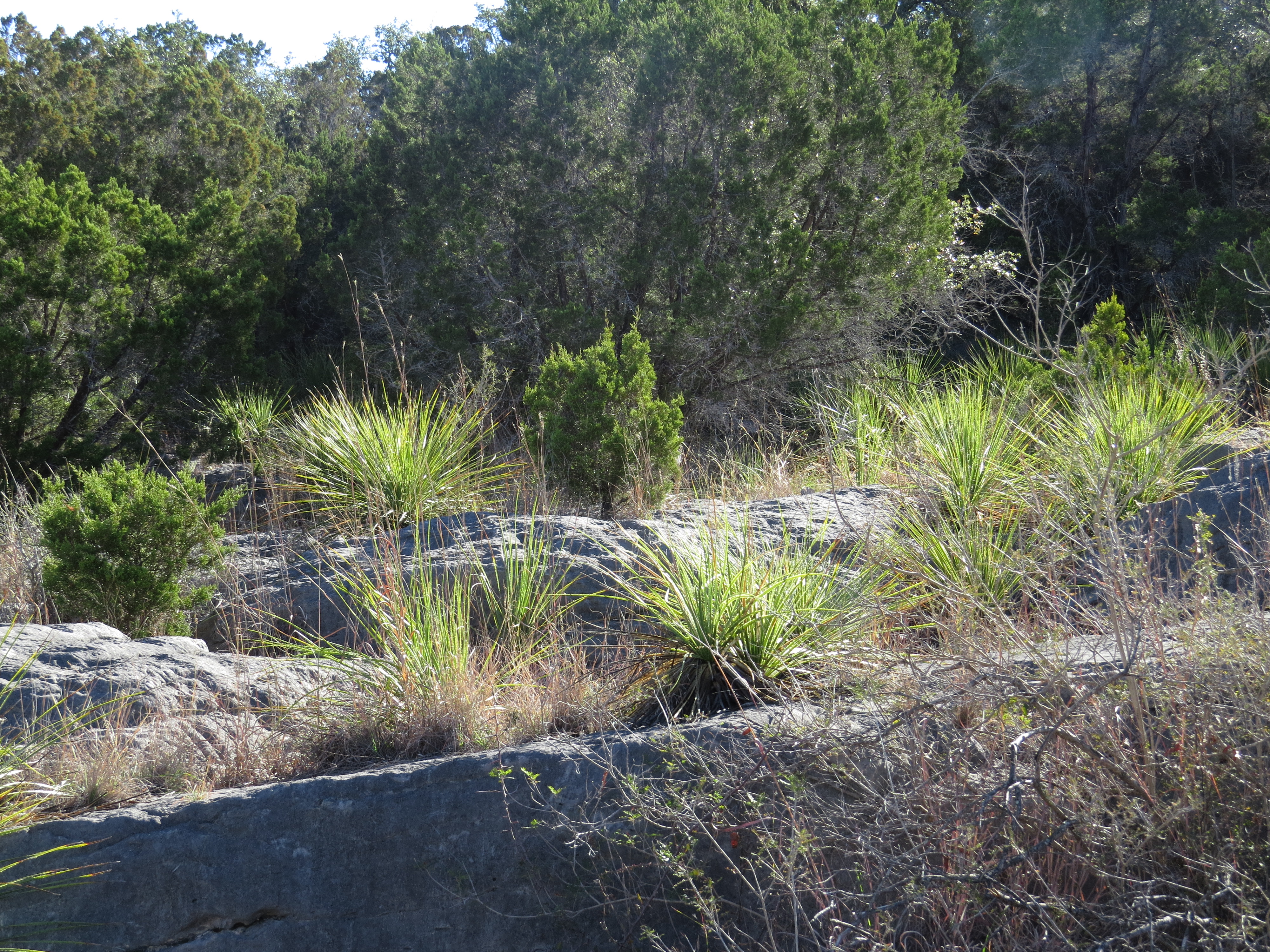
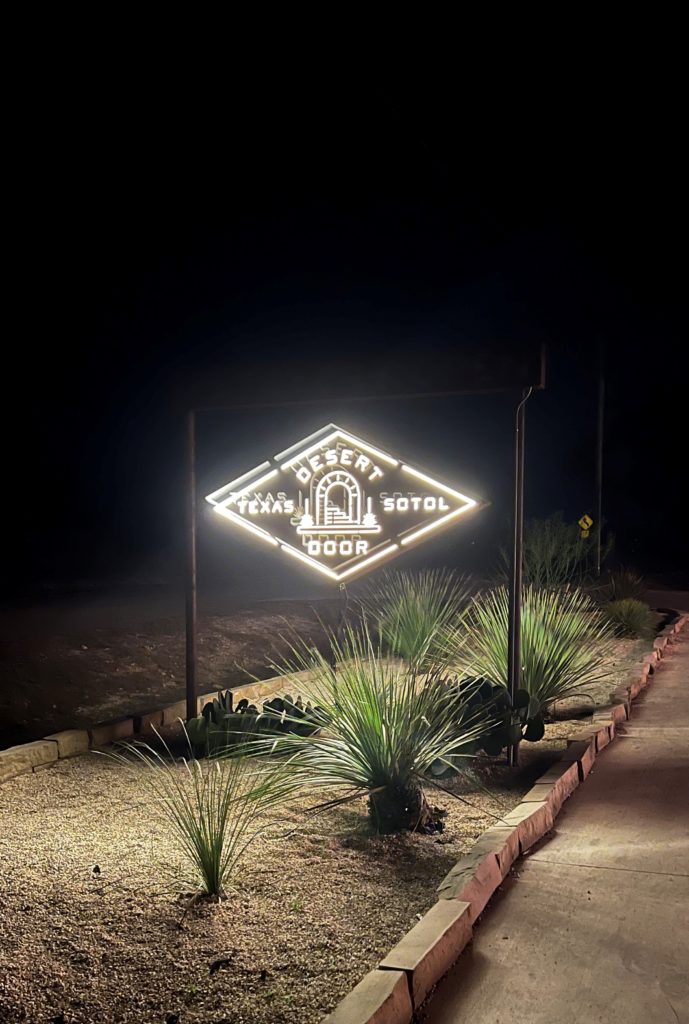
The tough, toothed leaves were also used by native peoples for woven mats, baskets, rope, thatching, and paper. The tall (10′-15′) flower spikes that attract hummingbirds when blooming were used like wood poles for building—a very utilitarian plant!
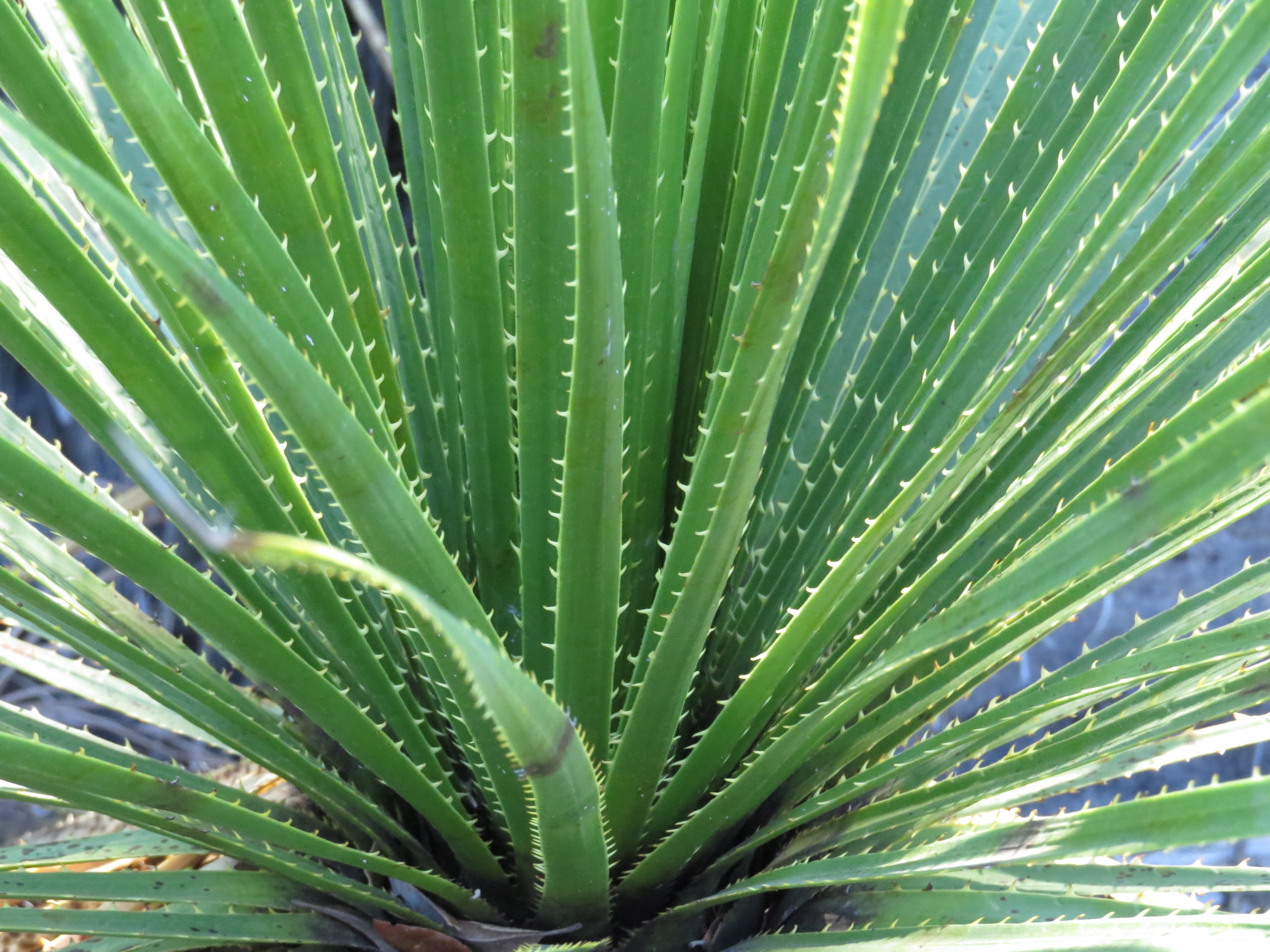
Prickly Pear cactus grows in the harshest hot and dry conditions and was also used as a food source. None of the plants offer an easy meal, however. It takes determined, tough people to extract food and drink from these tough, resilient plants.
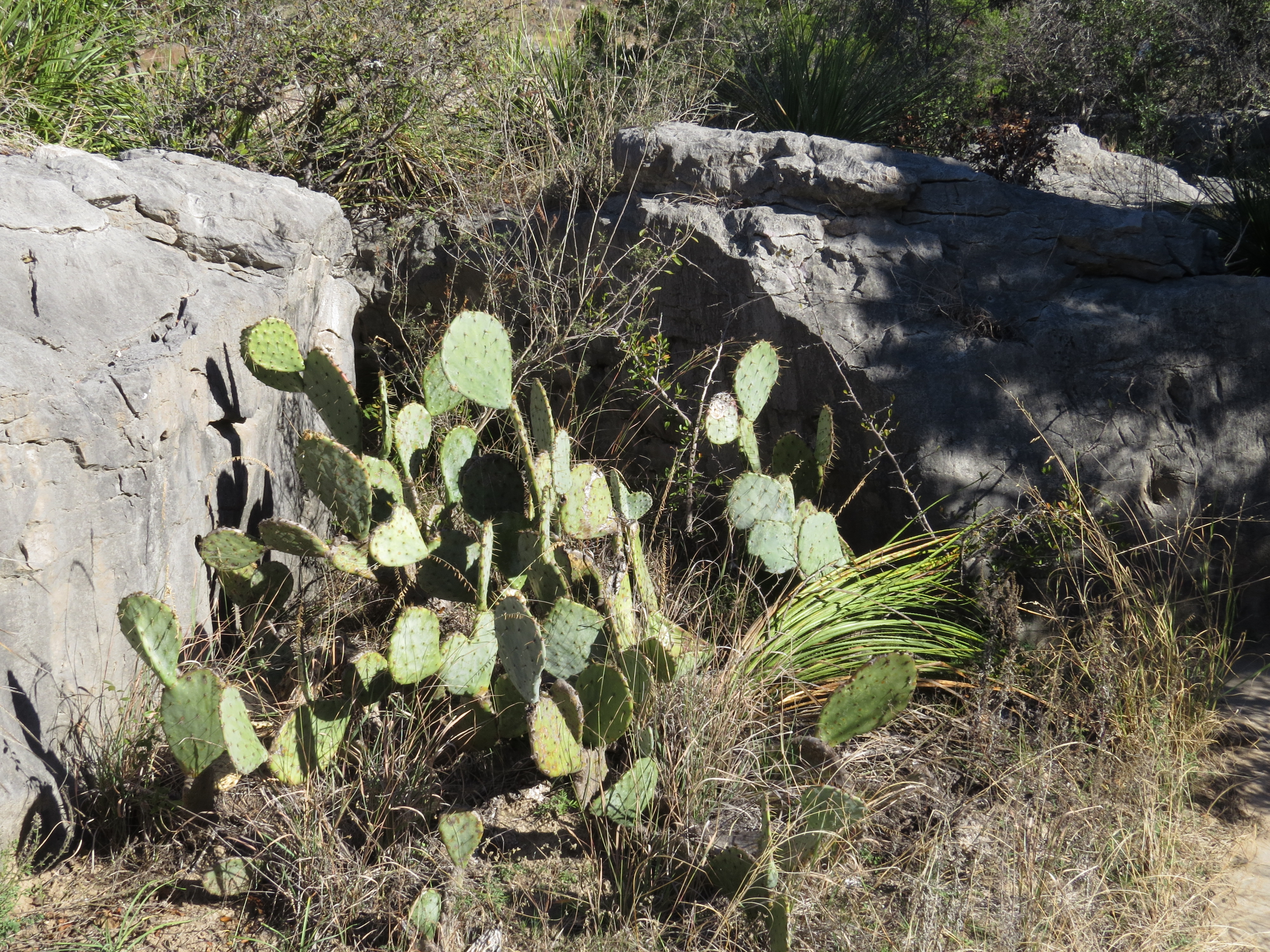
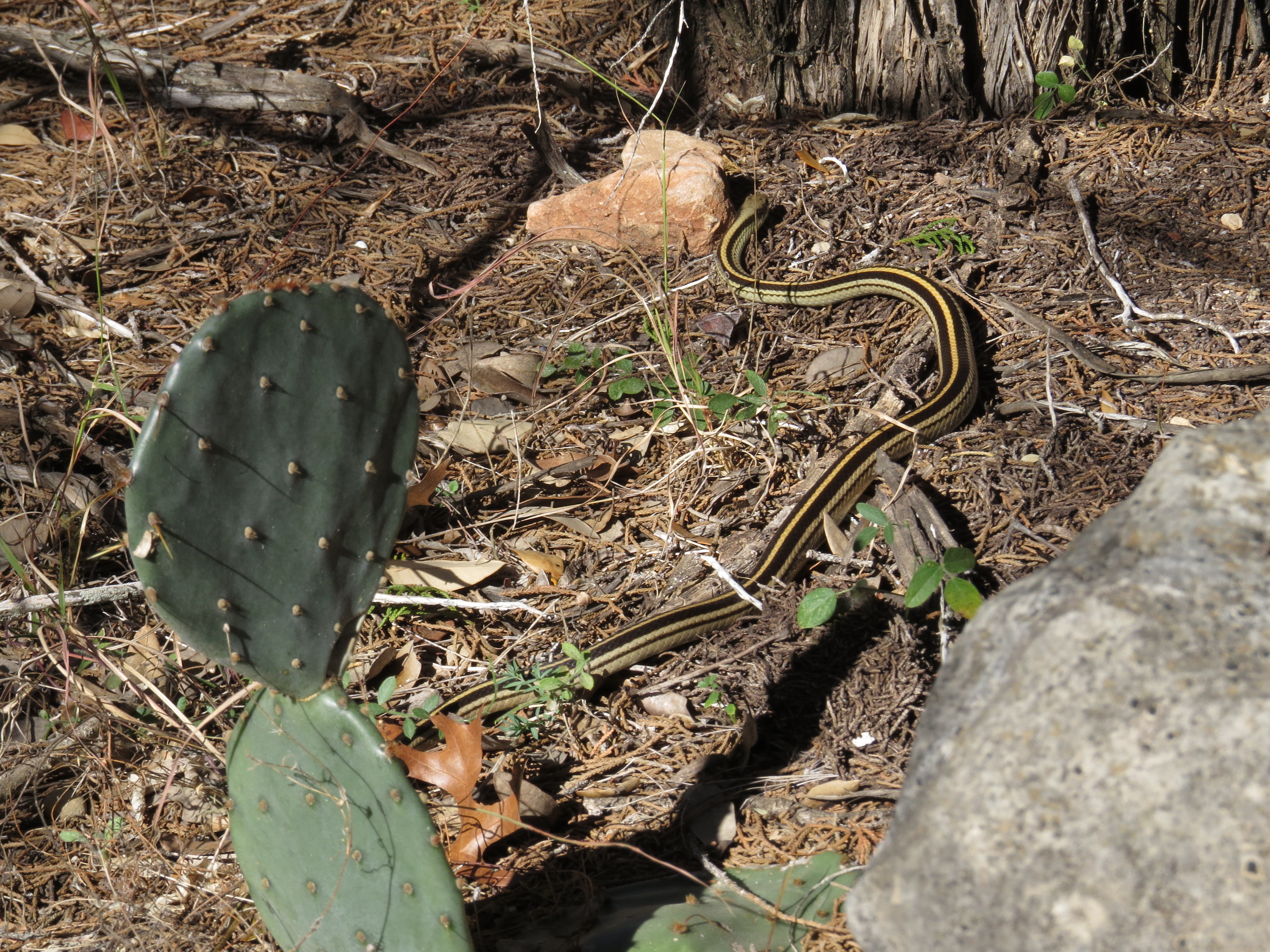
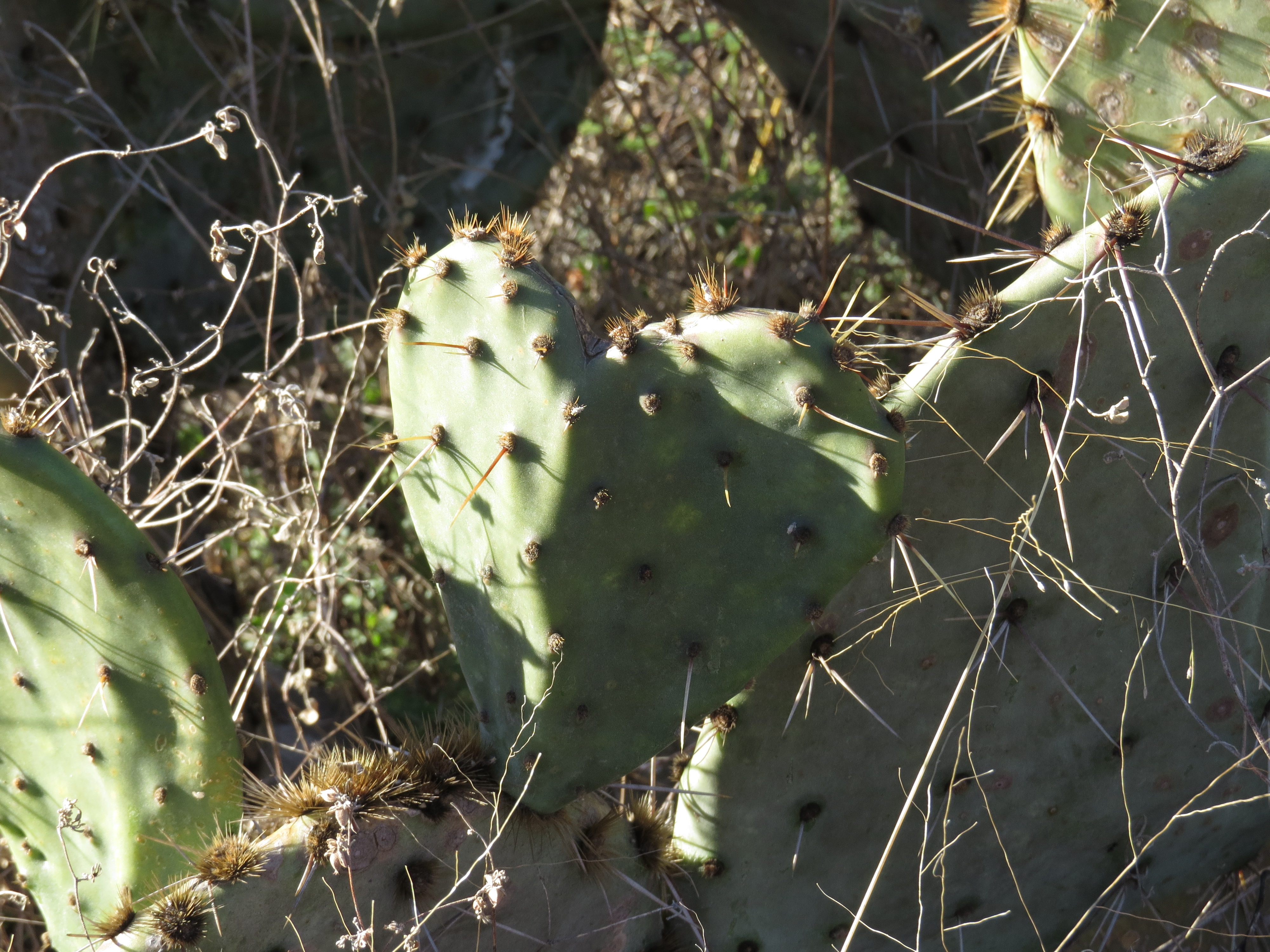
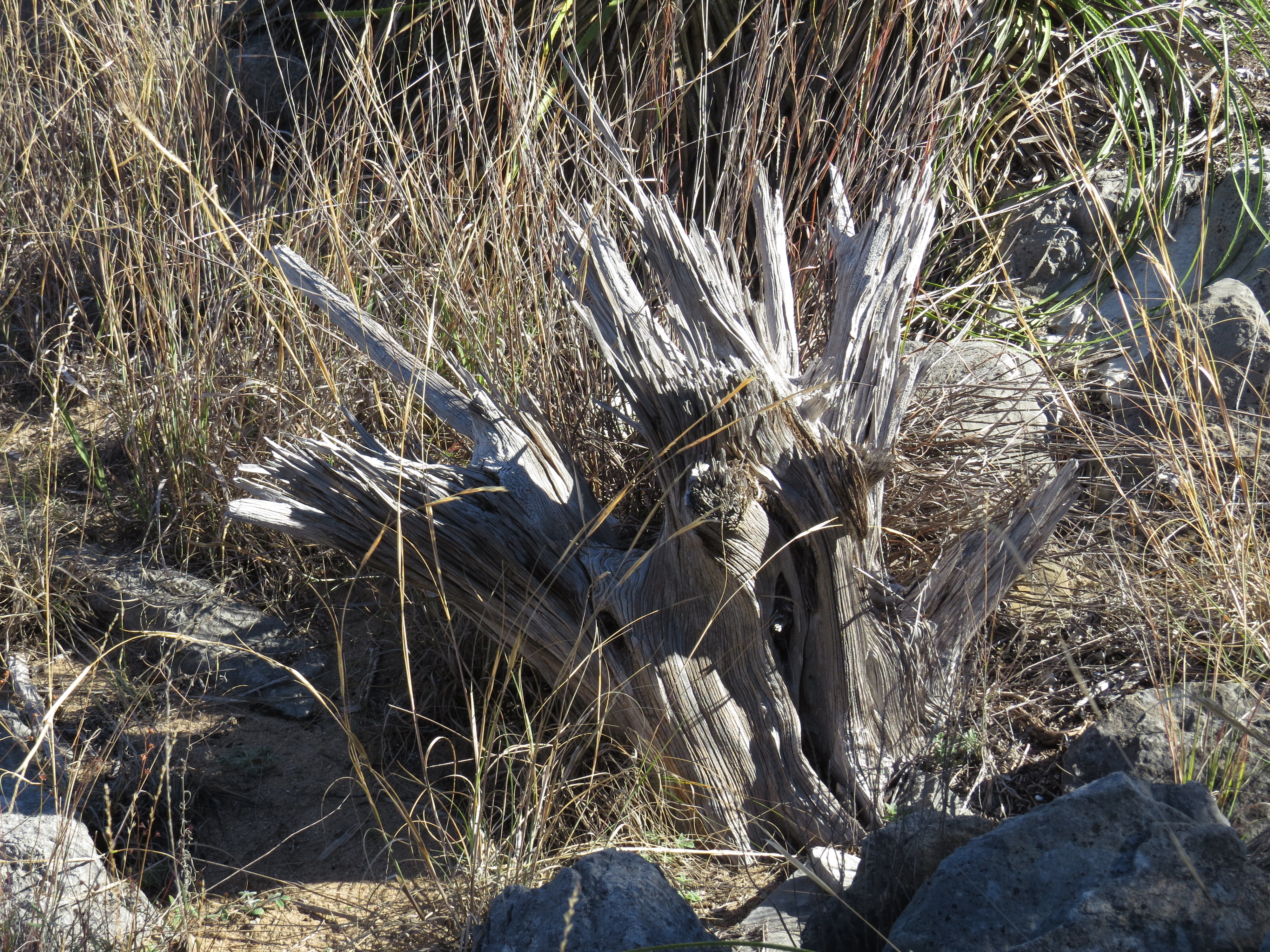
After leaving Pedernales Falls, we drove to another part of the 5200-acre park. Twin Falls nature trail was rugged over limestone cliffs and through Ashe Juniper forests. I wondered how one would ever ride a horse through this country….Luckily the park has cut miles and miles of equestrian trails through the rough terrain.
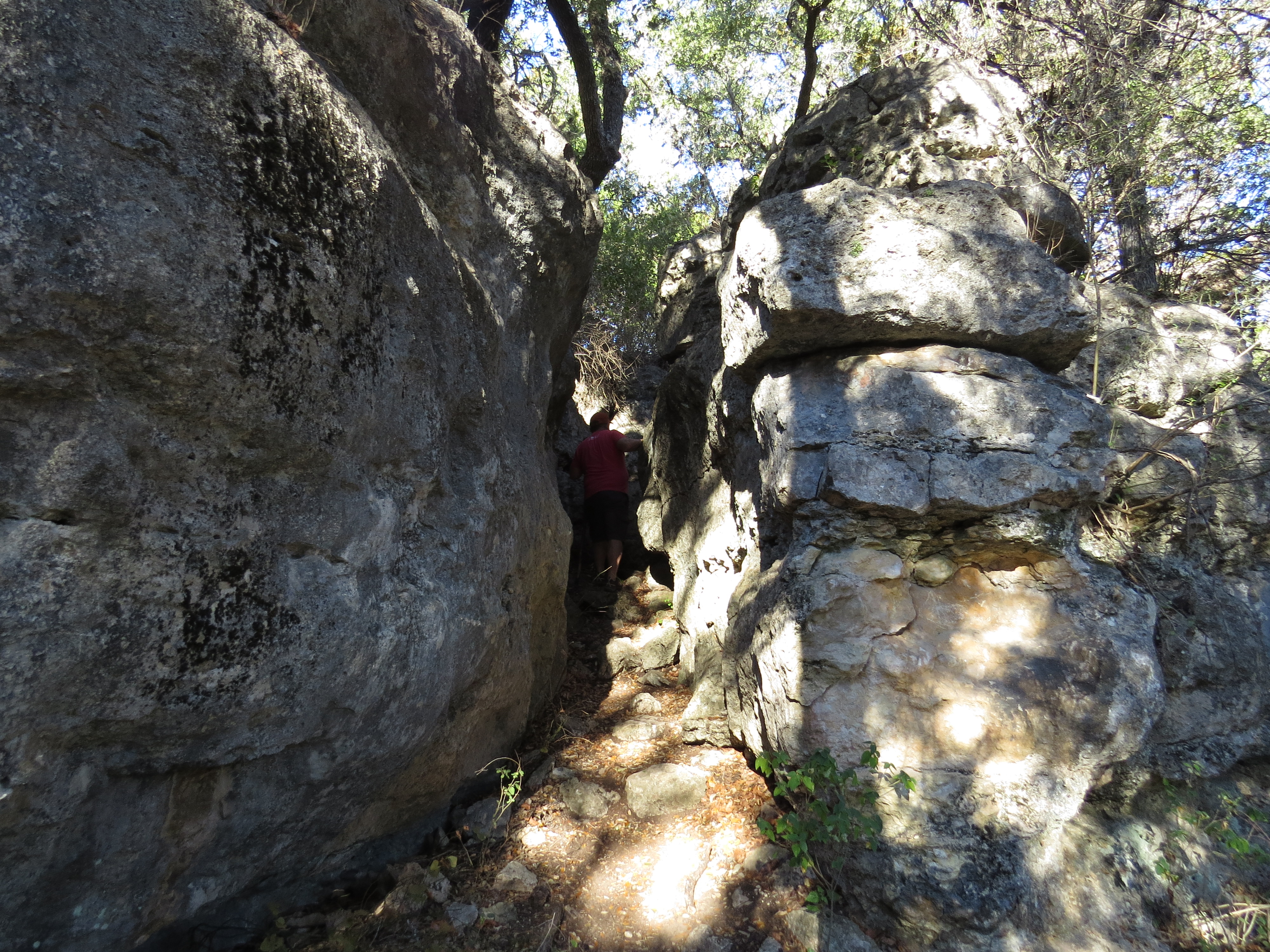
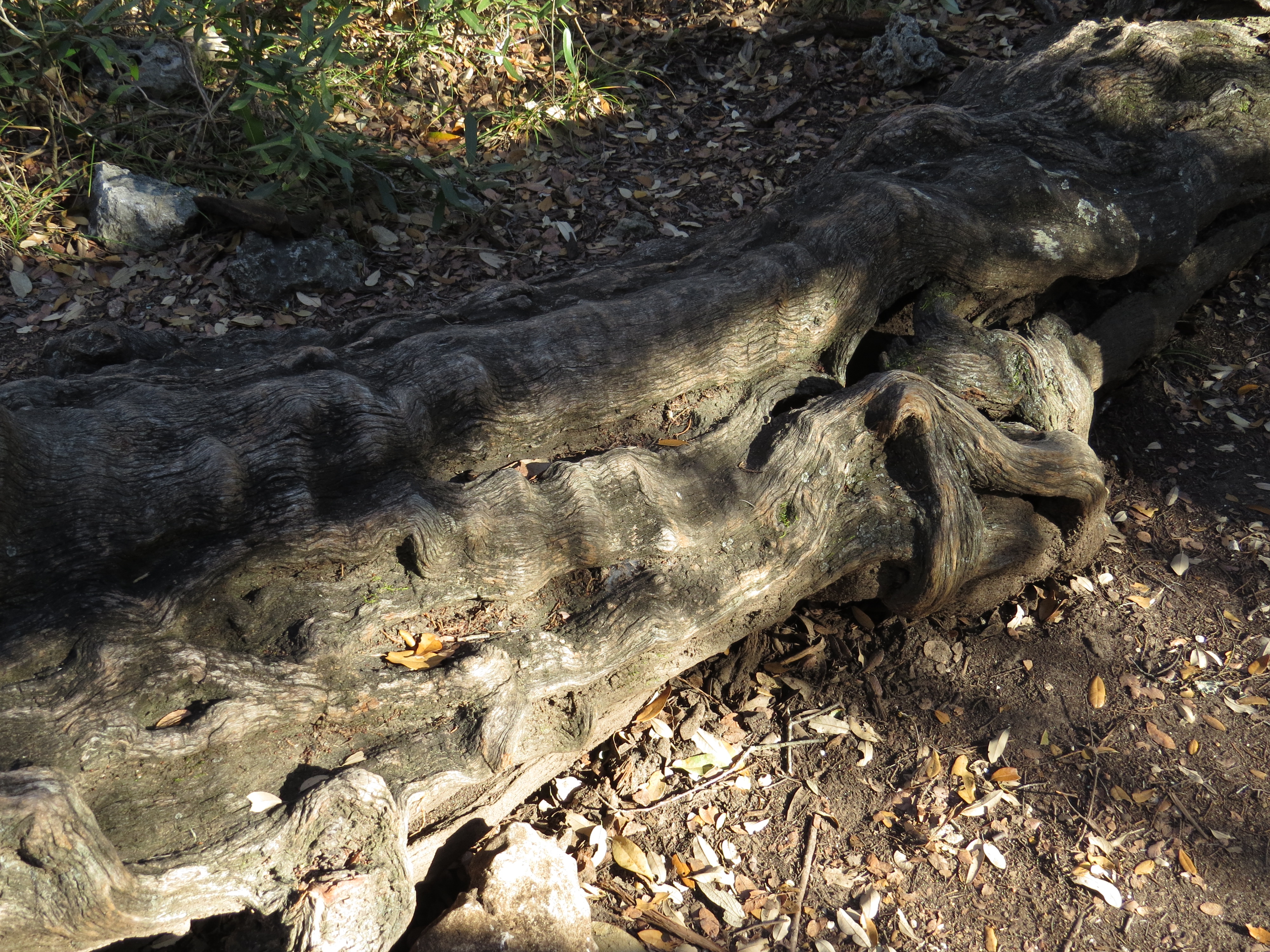
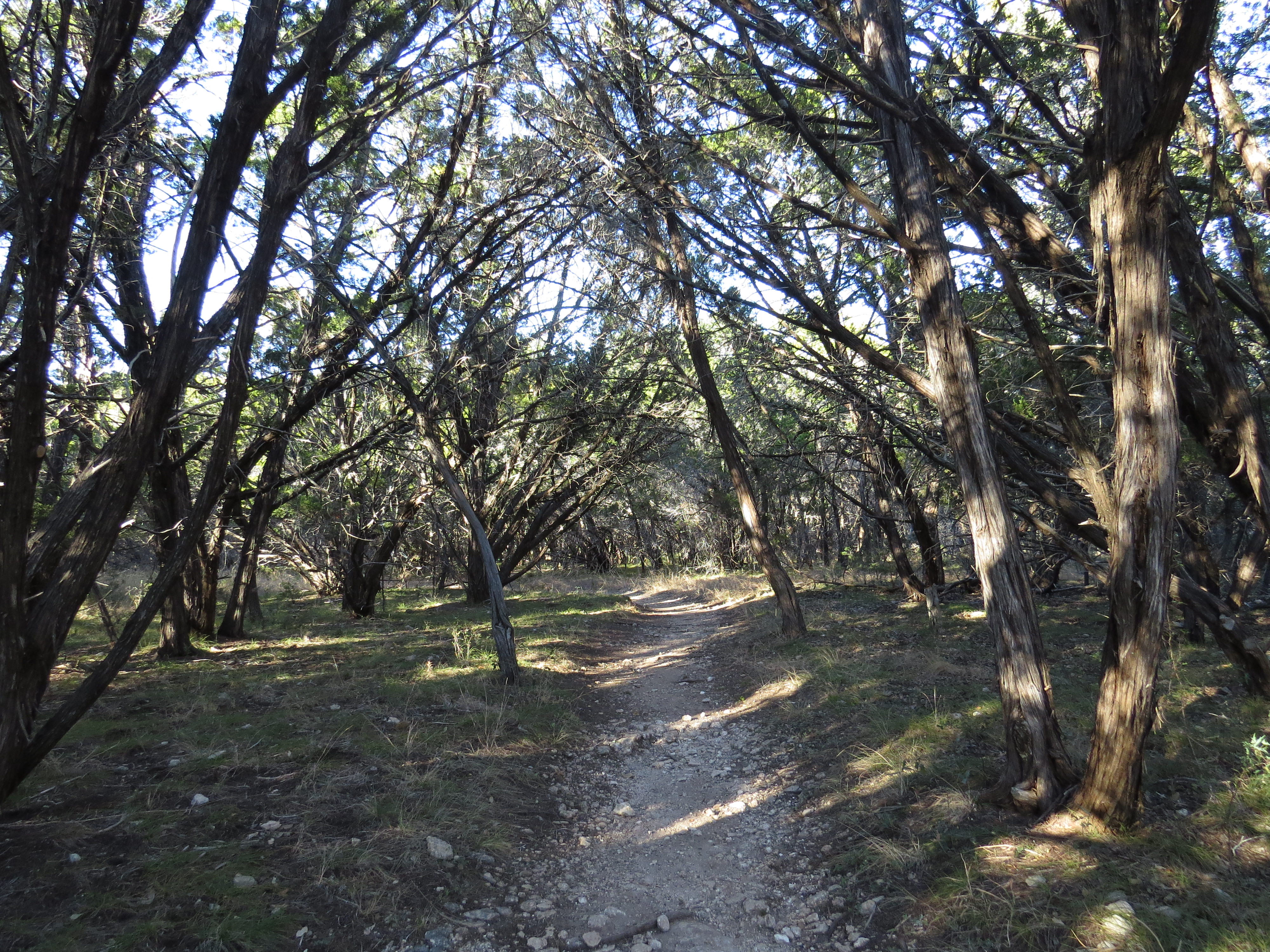
Another thorny, scrappy plant is the Tasajillo or Pencil cactus. The beautiful red fruits and the slender green stems are a visual reminder of Christmas, another one of its common names. It is also known as Jumping cactus, because the brittle stems break away from the plant easily when brushed slightly or even by the wind.
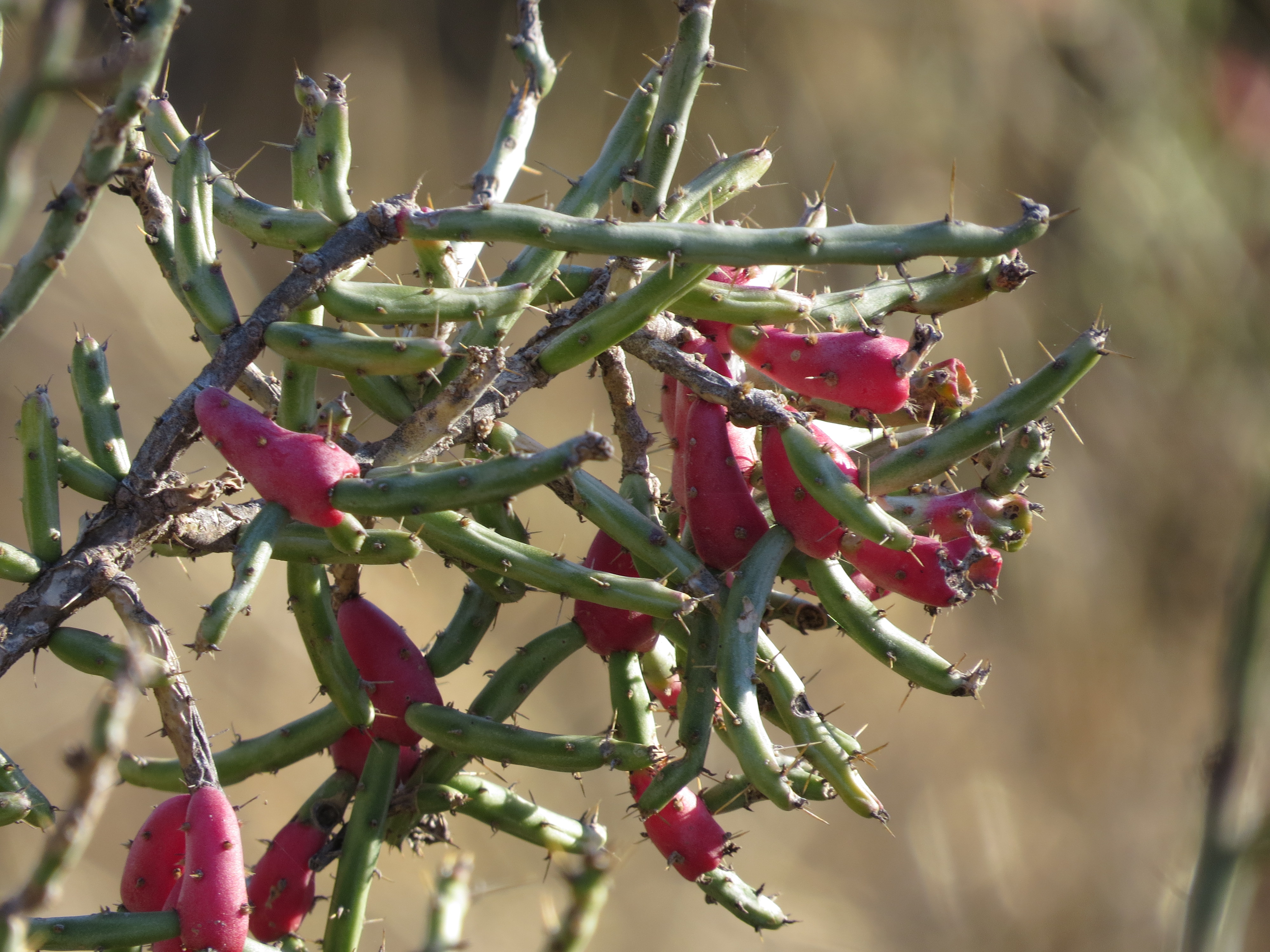
We hiked down to Trammell’s crossing where one would have to get wet feet in order to continue on the hiking trail. Time did not permit further hiking for us, so we explored the river bank lined with Bald Cypress trees. Their roots created a barrier to the rushing water of the Pedernales River when flash flooding occurs—stalwart soldiers in the fight against erosion.
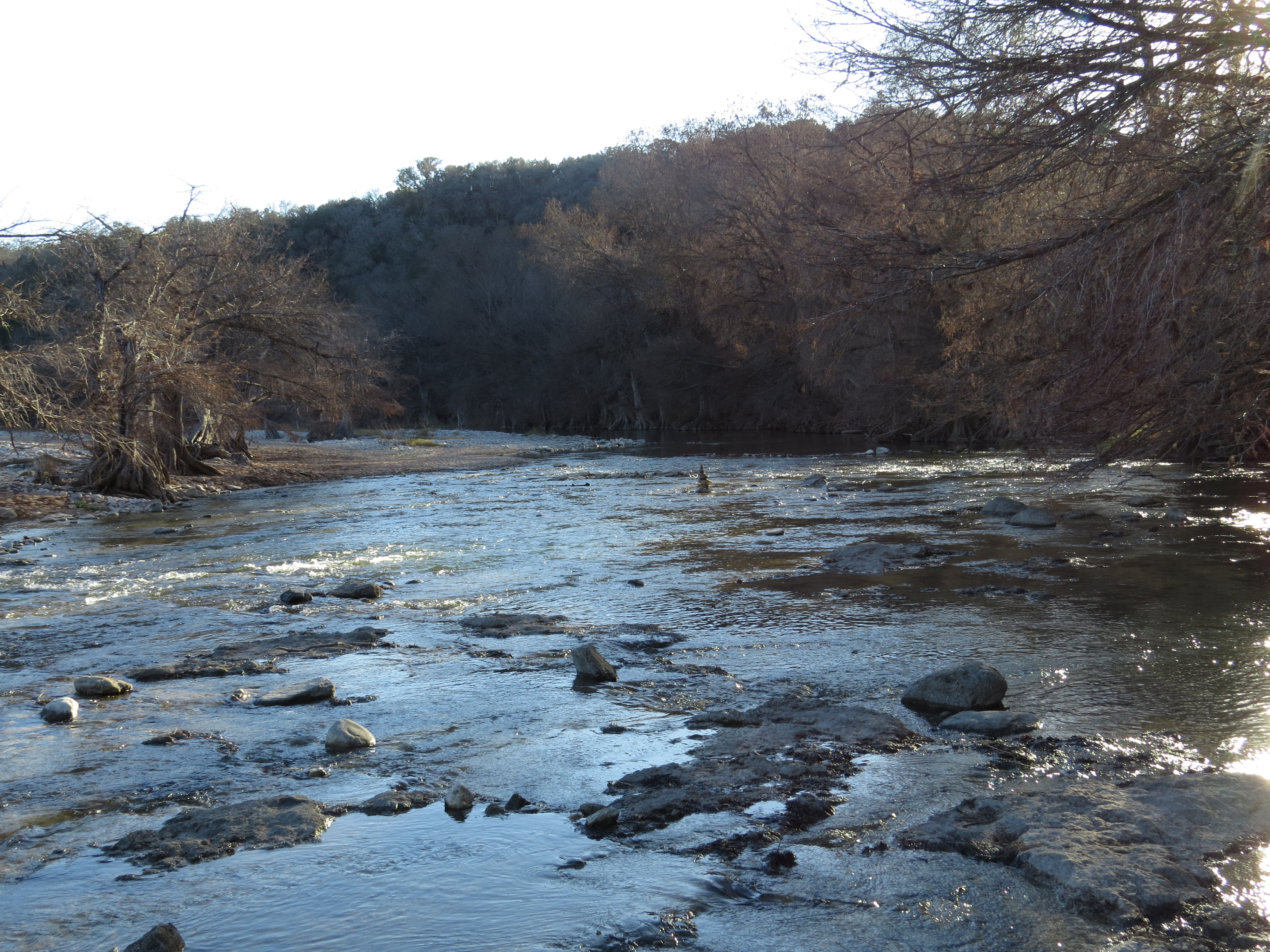
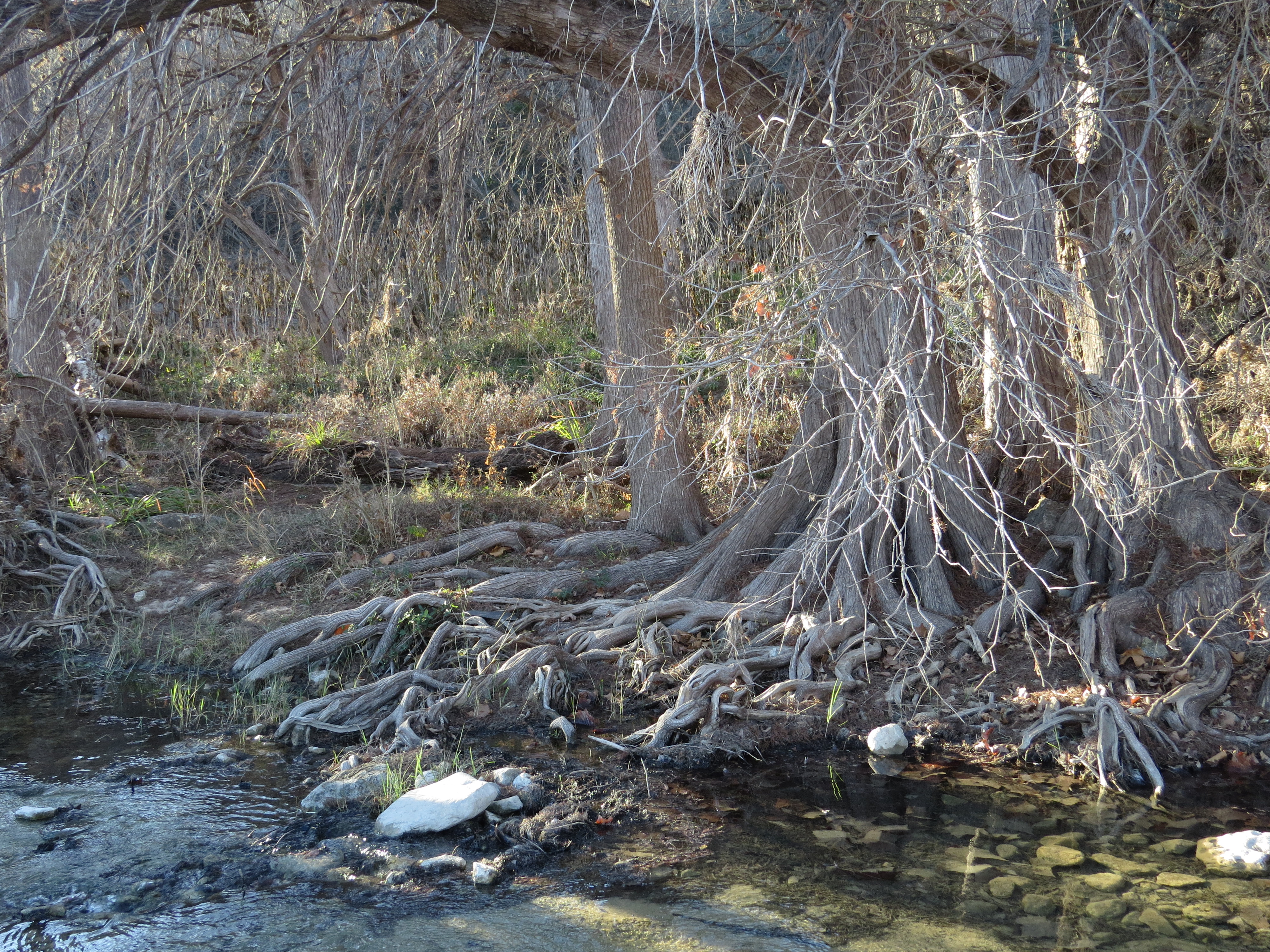
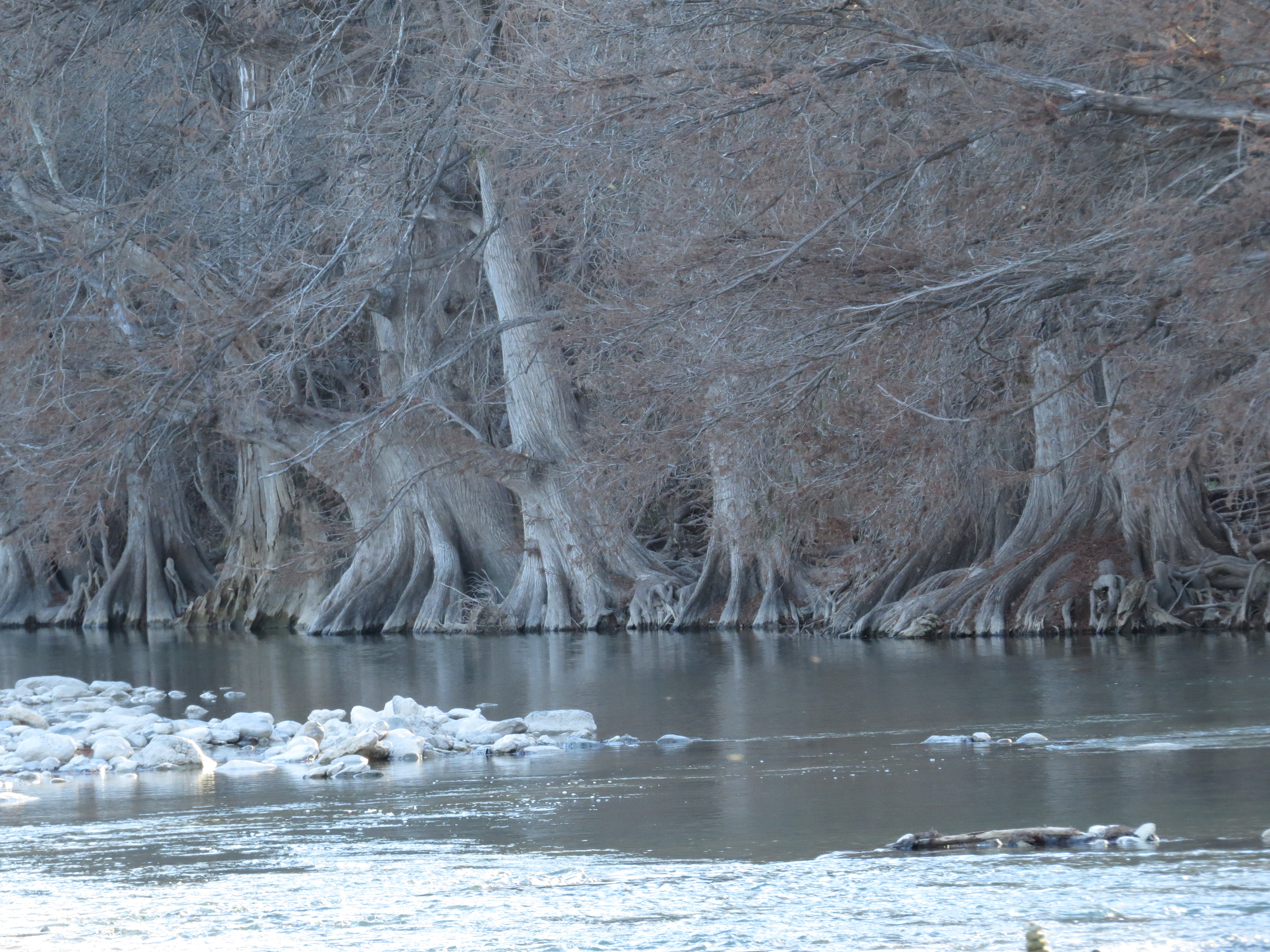
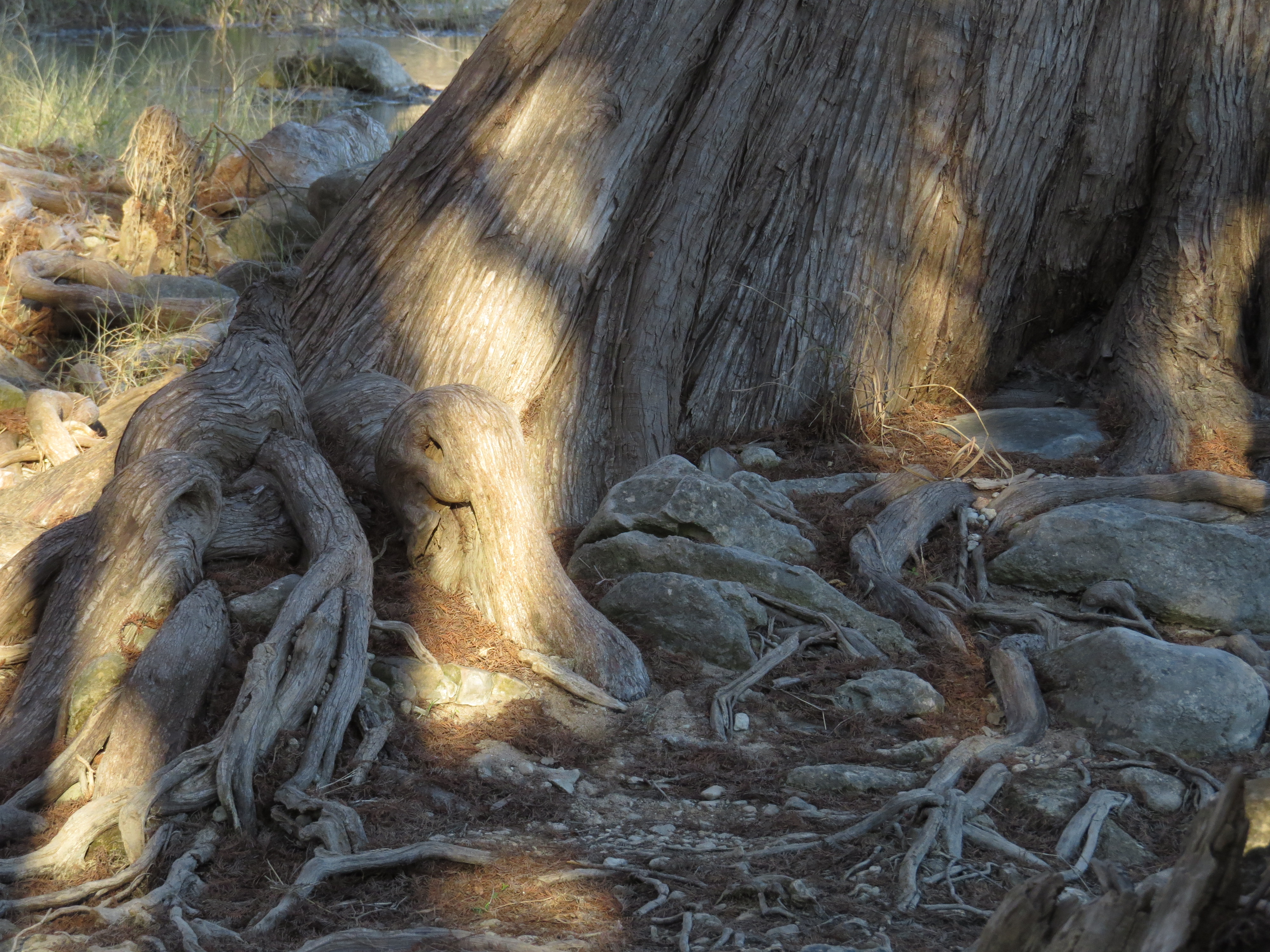
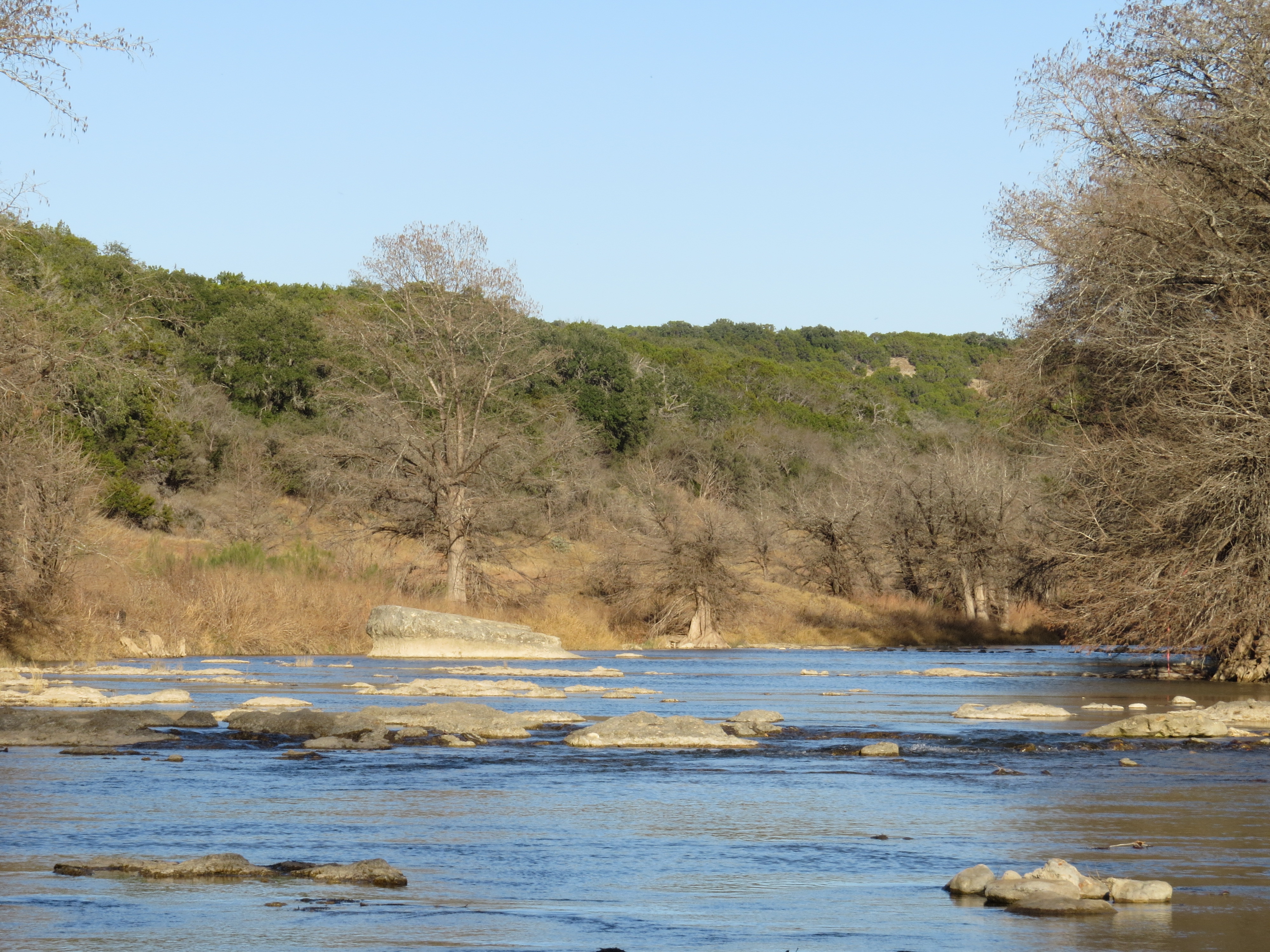
Most every plant and tree in the state park and in this area of Texas are tough, resilient creations. They live in arid soil, in drought conditions, in high heat, and in areas where flash flooding tends to wipe things away. But in the heart of Winter grows a delicate looking plant—the Texas Bluebonnet. It goes from seed to flower to seed in one year. The cool season of winter establishes its roots for the growing / blooming season. The Bluebonnet is the state flower of Texas and symbolizes the bravery and sacrifice of the pioneer women (the flowers resemble the bonnets worn by them). The genus name Lupinus is derived from ‘lupus,’ meaning wolf. So the delicate looking foliage belies the true nature of the hardy wildflower—it is beautiful and tough.
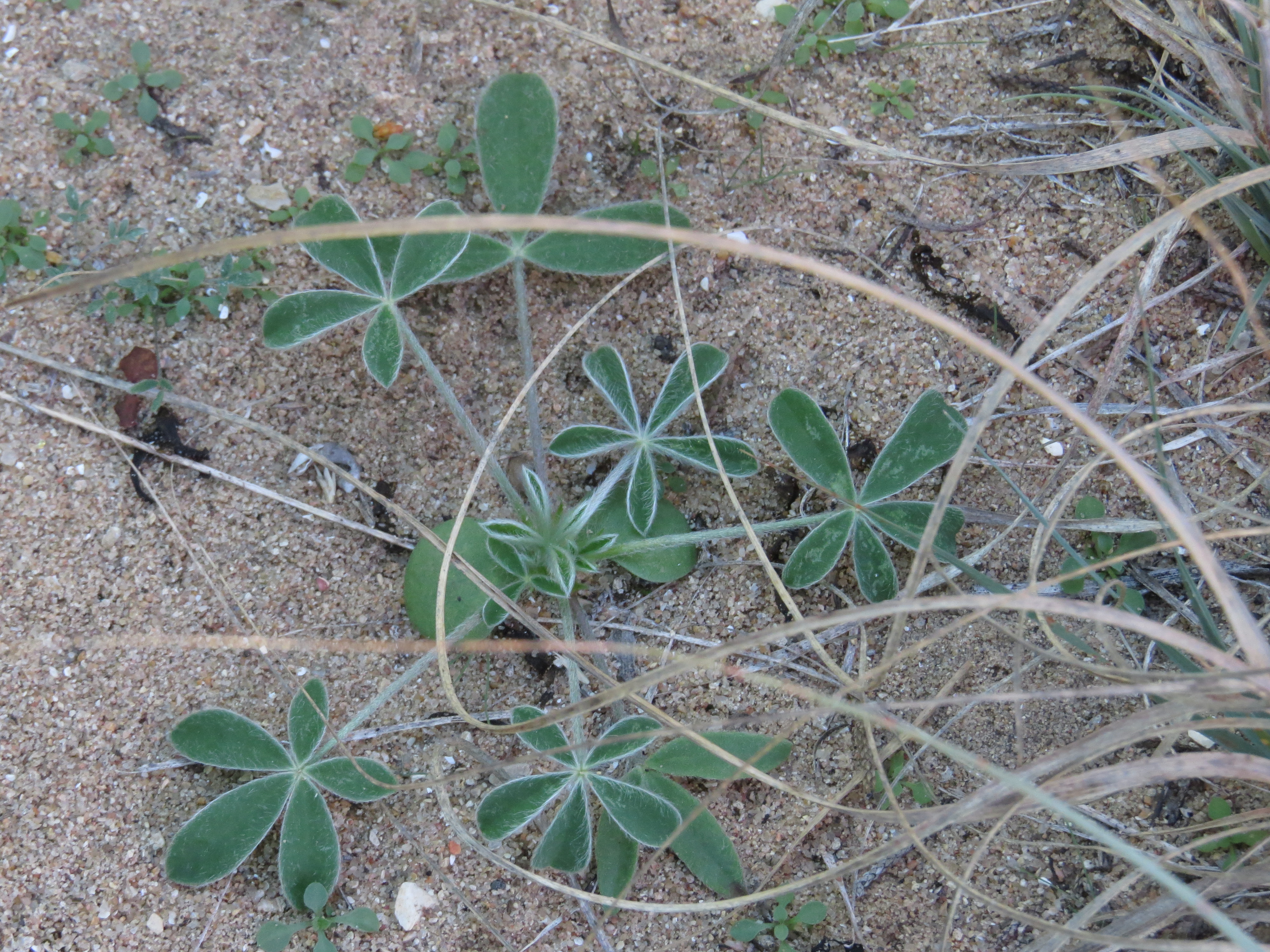
Pedernales Falls State Park is a wild tapestry of tough, resilient Ashe Junipers, cacti, sand, limestone boulders, Sotols, Bald Cypresses, and even Bluebonnets. The environmental conditions are rough and tumble. Each has qualities that enable them to live and thrive in such conditions. The Ukrainian people have shown their tenacity and toughness in the face of Russia’s callous war—the conditions are harsh and cruel and feel untenable. And yet, they fight on for their country and for democracy. The human spirit is strong, tough, and scrappy—whether living from the land like the native people did, whether traveling and homesteading on the land like the pioneers did, or enduring a pandemic and fighting or witnessing a brutal war like the modern world has been doing. We are brave. We are tough. We are resilient. We are a part of Nature.